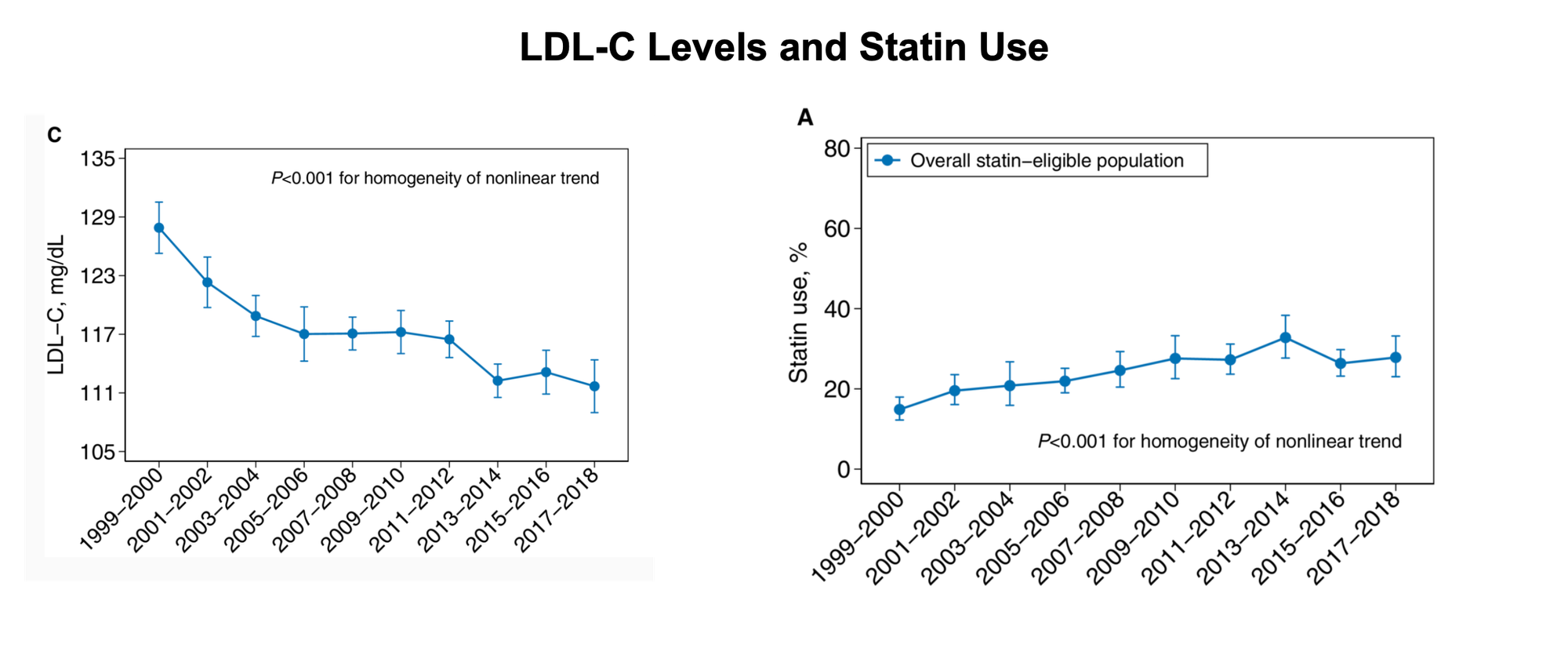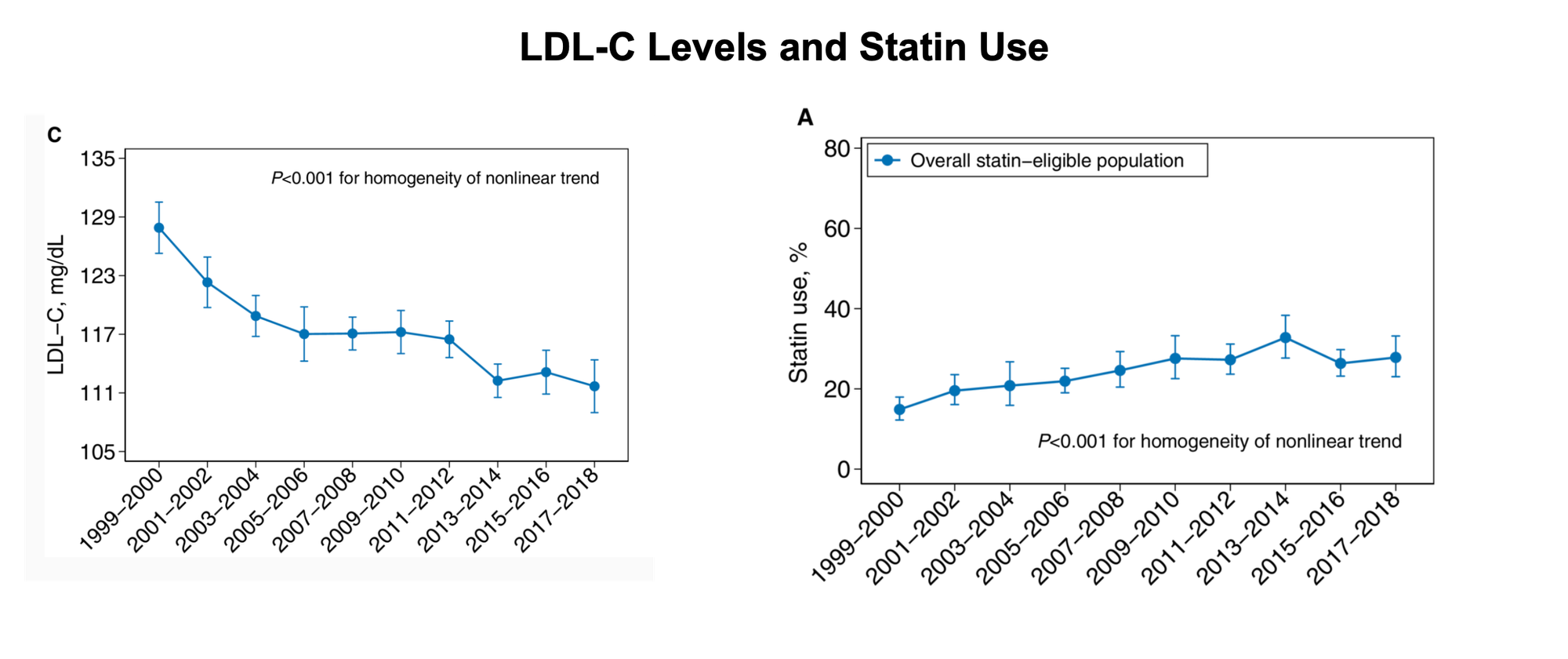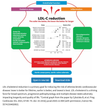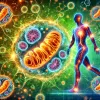Here are some of the main topics discussed in our latest podcast. A free preview is below, as well as being on the podcast service of your choice. Premium subscribers have access to the full episode:
Introduction:
Cholesterol has been a topic of confusion and controversy for many years. The medical community has long debated the link between cholesterol levels and heart disease, and there have been various recommendations and treatments proposed. The medical community is now convinced of the link between LDL cholesterol and atherosclerotic heart disease (ASCVD). However, elevated LDL cholesterol is necessary but not both necessary and sufficient to cause ASCVD. Therein lies room for nuance and context in determining who needs to be treated and how aggressively they need to be treated. In this episode (and post), we try to shed light on the topic of cholesterol and the use of statin and newer medications to lower our ASCVD risk.
Among other things, we will discuss:
- How recommendations have changed over the years
- Despite our efforts, ASCVD remains the number one cause of death
- Are our LDL targets still too high?
- What about the role of inflammation and metabolic health
- The importance of understanding cholesterol's role in the body
- The nuance involved in determining how aggressively to treat
- The efficacy and risks associated with statin use
How Recommendations Have Evolved:
The understanding of cholesterol and its impact on heart health has evolved over the decades. Initially, recommendations focused on lowering cholesterol levels, primarily LDL cholesterol, with limited empirical or clinical basis to establish specific target levels. As a result, targets for cholesterol levels were continuously revised downwards but without a clear sense of the risk/reward relationship. However, recent research suggests that LDL-C targets weren't low enough, particularly among otherwise healthy people accumulating time under LDL load, leading to increased lifetime risk.

The Importance of Cholesterol:
Cholesterol is often portrayed as a harmful substance that the body needs to rid itself of. However, cholesterol is a necessary biological product in our bodies. It plays a key role in building cell structures and acts as a precursor for hormones, including sex hormones. Understanding the importance of cholesterol helps debunk the misconception that it is a toxin that needs to be eliminated.
The Role of LDL and HDL Cholesterol:
LDL (low-density lipoprotein) cholesterol is often referred to as "bad" cholesterol, while HDL (high-density lipoprotein) cholesterol is known as "good" cholesterol. This is nonsense. Atherogenic cholesterol-laden particles all contain an ApoB lipoprotein. The best marker of risk is your ApoB level or your non-HDl cholesterol level.
LDL cholesterol is transported through the blood vessels, and when in excess, it diffuses easily into vessel walls where it can cause plaque buildup and lead to ASCVD. HDL cholesterol, on the other hand, might remove excess cholesterol from the blood vessels. To diminish the risk of ASCVD, we need to diminish our ApoB or LDL burden until diffusion of the particles through the vessel walls does not occur with regularity. Our risk is based completely on our ApoB or non-HDL levels, and not HDL levels.

Understanding Atherosclerosis and Cardiovascular Disease:
Atherosclerosis, the buildup of plaque in the arteries, is the leading cause of cardiovascular disease. LDL cholesterol plays a pivotal role in the development of atherosclerosis. When LDL particles penetrate the arterial walls and become oxidized, they trigger an inflammatory response that eventually leads to plaque formation. Over time, this plaque can rupture into the vessel and cause a heart attack. It is essential to manage LDL cholesterol levels to minimize the risk of atherosclerosis and cardiovascular disease.
Stratifying Risks and Treatment Approaches:
Assessing an individual's risk of cardiovascular disease requires a comprehensive evaluation of various factors, including family history, inflammation markers, metabolic profile, and lifestyle. Stratifying risks help tailor treatment approaches and determine the need for medication(s). While diet and lifestyle modifications can have some impact on cholesterol levels, medication such as statins may be necessary for individuals at higher risk, especially given how LDL-C targets are lower than ever. Statins help lower LDL-C and can contribute to the regression of plaque in properly treated individuals.
Statins: Efficacy and Risks:
Statins have been widely prescribed to manage cholesterol levels and reduce the risk of cardiovascular events. These medications are effective in lowering LDL cholesterol and have contributed significantly to reducing cardiovascular mortality. Adherence to statin therapy, appropriate dosage, and monitoring of potential side effects are crucial for maximizing their benefits. While statins are generally safe, some individuals may experience muscle pain or other side effects. At the same time, various groups and individuals, sometimes with less than laudable intentions, have repeatedly tried to cast a pall over statins, implying that they are unnecessary, a pharma conspiracy, and even outright dangerous, tying them to dementia, among other things. This is incorrect: the overall benefits of statins far outweigh most patients' potential risks.
The Limits of Medication:
Medication alone cannot guarantee perfect heart health. A holistic approach that combines medication, diet, exercise, and maintaining a healthy lifestyle is essential. Having said that, the data shows that a far lower percentage of the statin-eligible population than is optimal is using these drugs. Furthermore, many patients on statins still have levels considered to be high by modern standards. Residual cardiovascular risk is not being reduced nearly as much as it could be.
Conclusion:
The understanding of cholesterol and its association with cardiovascular disease has evolved significantly over the years. Cholesterol is a vital component of our bodies and plays various essential roles. Managing cholesterol levels, particularly LDL cholesterol, is crucial for maintaining heart health. Statins have proven to be effective in reducing LDL cholesterol levels and minimizing the risk of cardiovascular events. However, medication should always be complemented by lifestyle modifications to achieve the best results. If you have concerns about your cholesterol levels, consult with your healthcare provider to discuss personalized treatment options and create a plan that suits your specific needs and risks.
Update: Here is Howard with more on this topic in a quick video update.
More reading:
- There is an urgent need to treat atherosclerotic cardiovascular disease risk earlier, more intensively, and with greater precision: A review of current practice and recommendations for improved effectiveness https://www.sciencedirect.com/science/article/pii/S2666667722000551
- US Trends in Cholesterol Screening, Lipid Levels, and Lipid‐Lowering Medication Use in US Adults, 1999 to 2018 https://www.ahajournals.org/doi/10.1161/JAHA.122.028205#:~:text=Mean LDL‐C levels in,0.001 for overall nonlinear trend).
- Eliminating atherosclerotic cardiovascular disease residual risk https://academic.oup.com/eurheartj/article/44/45/4731/7224046?login=false
- Cholesterol Lowering Guidelines: From Whence We Came and Where We Are Now https://www.sciencedirect.com/science/article/abs/pii/S0828282X18309954





